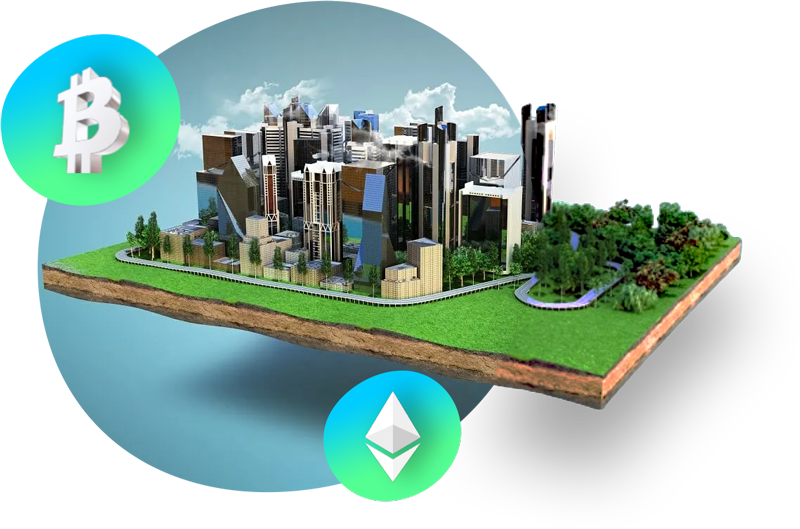- Home
- About us
-
Services
- Blockchain Crypto Legal Consulting
- Cryptocurrency License Consulting
- Crypto & Blockchain Lawyer
- Dubai Crypto License
- Stablecoin Legal Consultant
Blockchain And Crypto
Virtual Assets
Tokenization
Financial Law
Misc.
- Blog
- Knowledge Base
- events
- Contact




















